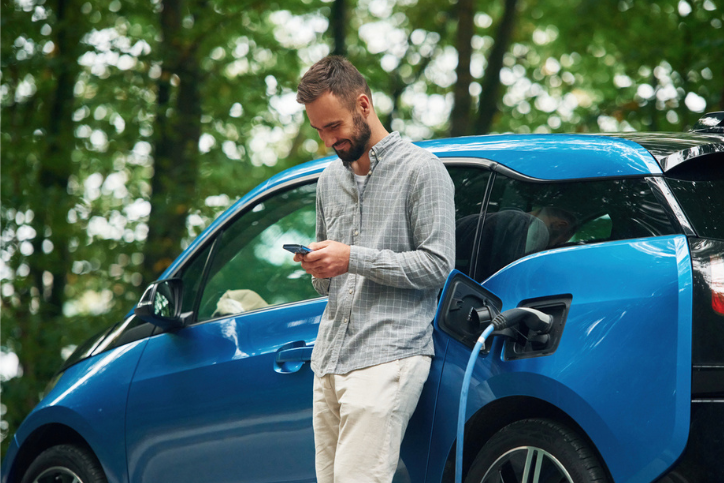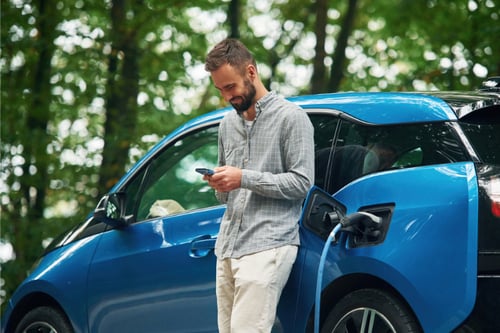The UK Government has announced that it will review the current electric car sales targets following pushback from manufacturers.
For 2024, manufacturers are required to ensure that EVs – or vehicles with other zero emission powertrains – make up 22% of car sales and that emission free van sales reach 10%. These targets are due to increase to 28% and 16% respectively in 2025, eventually rising to 80% by 2030.
Currently, car makers that fail to meet these sales figures will be fined £15,000 per car below the target.
Some manufacturers are opposed to the targets, claiming that jobs are at risk due to a lack of EV demand which could lead to the closure of plants in the UK and Europe. Ford has pushed for additional EV buying incentives, stating that without demand, a mandate on sales isn’t productive.
According to the Society of Motor Manufacturers and Traders, EV sales increased in October, but some of the uplift could be due to the heavy discounting that brands are introducing to help hit their targets. This will be unsustainable in the long run and Government support could be required to encourage more drivers into EVs.
While the Government has promised to evaluate the targets, Labour has said it will reinstate the 2030 ban on sales of new cars running solely on petrol or diesel.
The transition to electric vehicles and other zero emission powertrains is a positive step which will bring many benefits. However, it is imperative for the industry that demand for electric vehicles continues to rise.
The wider industry can also help to smooth the transition and boost consumer confidence. EValuate, the latest initiative from Motor Assist, gives ICE car drivers in need of a replacement vehicle the option to choose an EV for a real-world experience, while giving manufacturers the chance to showcase their electric vehicles for an extended period to an otherwise untapped market.
The innovative EValuate scheme also enables potentially sceptical drivers to explore whether an electric car would be viable for them in future.




